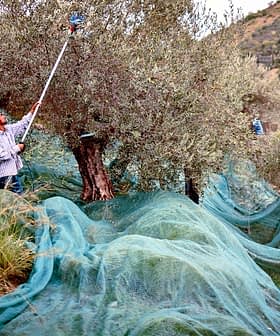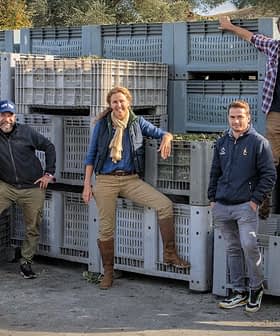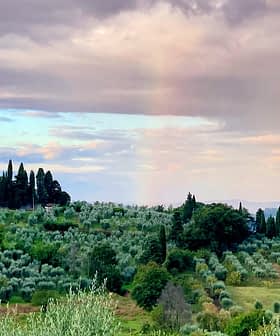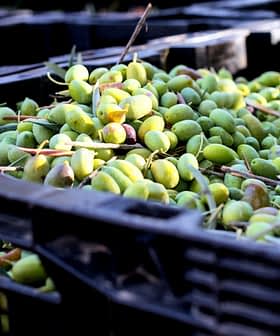Apulian Producers Call for More Government Support for Olive Oil Sector
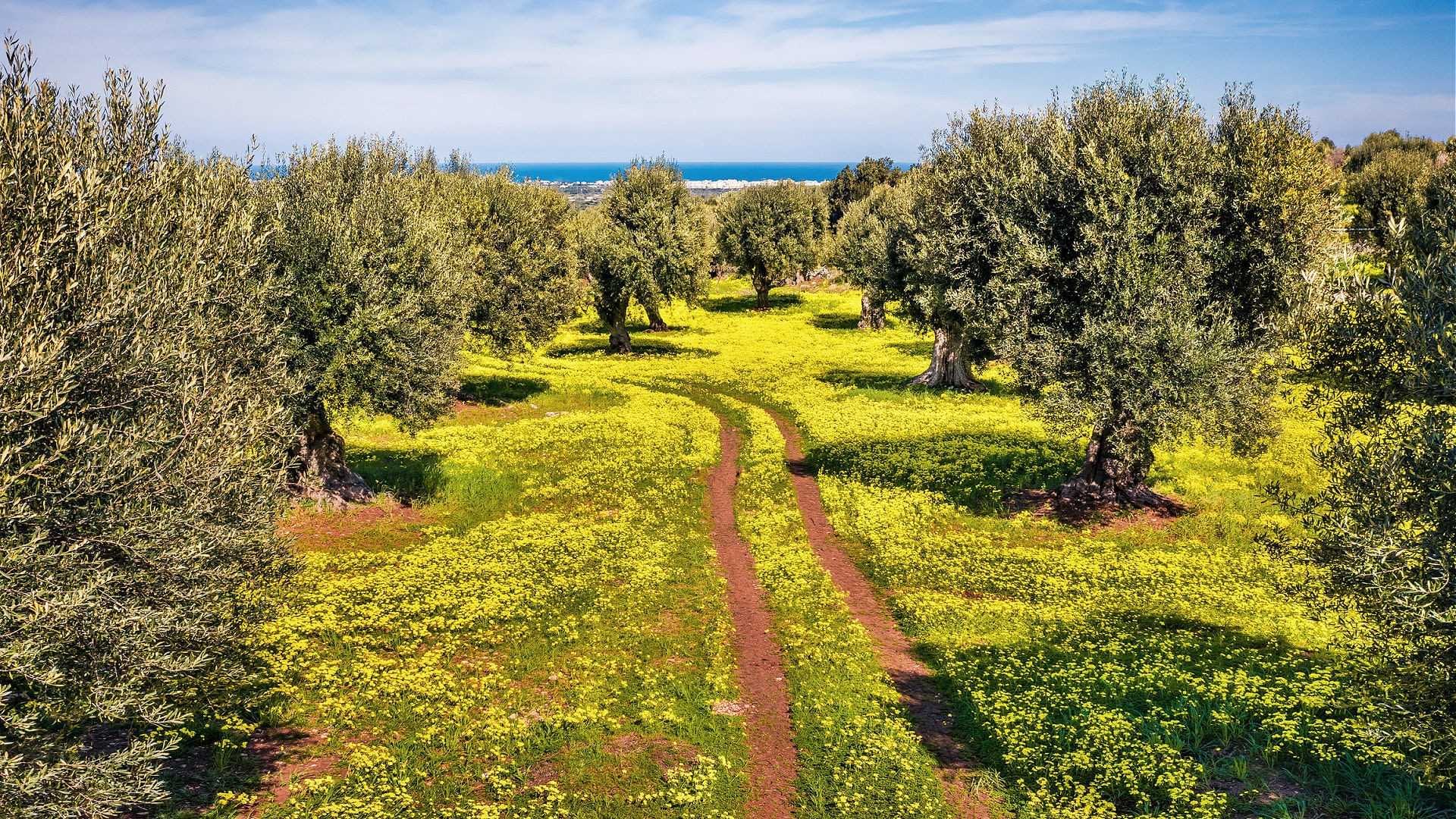
Olive oil production in Puglia has increased by 21 percent in the past decade, but farmers believe local and national authorities need a coordinated strategy for sector development. Coldiretti has called for a new National Olive Plan in Italy to address challenges such as unfair market practices and deceptive labeling of olive oil.
Olive oil production in Puglia has grown by 21 percent over the past decade despite a seemingly endless barrage of challenges.
Still, farmers in the southwestern Italian region, which accounts for more than half of Italy’s overall production, believe they would have fared much better if local and national authorities had implemented a wide and thoughtful strategic vision for the development of the sector.
We need to review the relationships within the production chain, involving first of all the bigger food retailers.
To that end, growers and producer associations are calling for a new coordinated National Olive Plan.
In a press release, the farmers association, Coldiretti highlighted how a comprehensive strategy has helped Spanish producers to better face the many challenges of a changing market.
Spain’s newly-enacted olive oil storage policies and their coordinated promotional campaigns were cited as examples of what Italy could be doing better.
The Italian Ministry of Agriculture recently provided €5 million of relief to local growers to cover interest payments on loans granted before the end of 2018.
“That is good news,” said Savino Muraglia, president of Coldiretti Puglia. “But we still need a coordinated strategy for the renovation of the olive and olive oil sector. We need a long-term plan to better face the frequent crises in the olive and olive oil markets.”
While announcing the latest relief funds, the ministry also acknowledged the need to “relaunch productivity and competitiveness” within the sector by “simplifying procedures and reducing bureaucracy.”
“We need to review the relationships within the production chain, involving first of all the bigger food retailers, because it is unacceptable to see extra virgin olive oil bottles sold on their shelves for €3.00,” Muraglia responded.
Coldiretti asked for better and wider supervision of the way in which olive oil is sold by retailers and marketed to consumers.
According to Coldiretti, supermarkets in Italy employ a number of different strategies in an effort to sell their products, which are difficult to compare with one another and often result in olive oil being sold at prices that are lower than production costs.
In their release, the farmers association asked for a quick implementation of the new European rules against unfair market practices (E.U. directive 2019/633) by Italy in order “to prevent imported products from being sold as products of Italian origin.”
Coldiretti said that the European directive could also help “to re-establish fair contracts along the food chain and to punish practices that mostly damage the producers.”
See Also:Olive Oil Business News“It is almost impossible to detect the true origin of the olives on the bottles of extra virgin olive oil derived from foreign farms, labels that are required by law,” Coldiretti said.
Those labels are used for the sale of three different kinds of olive oil blends: blends from E.U. olives, blends from non‑E.U. olives or blends of E.U. and non‑E.U. olives.
“Those labels are written with very small fonts and are placed on the rear of the bottle, a position that makes them not easily seen,” Coldiretti said. “Moreover, bottles with extra virgin obtained from foreign olives are often sold with Italian brands and with great evidence of deceptive images, phrases or names that recall the Italian spirit.”
“Consumers should shop with a magnifying glass in order to be able to make an informed choice,” the association added.
Muraglia emphasized that in spite of the significant production decreases experienced by producers in Puglia, in which the olive yields fell to 101,000 tons, olive oil prices were unaffected.
“This sector has seen its value grow from last year, up to €650 million, a sector which is among the most resilient in the current pandemic,” he said. “A small reduction, 0.5 percent, hit international exports in the first nine months of 2020, when the strongest demand for bottled olive oil came mostly from the United States (+28 percent) and France (+42 percent).”
Once again, the farmers have asked for information and communication campaigns, both at the regional and national levels, to strategically promote extra virgin olive oil.
According to Coldirertti, Italy remains the largest consumer of olive oil, with an annual average of 504,000 tons in the last five years, followed by Spain with 483,000 tons and the United States with 320,000 tons.



